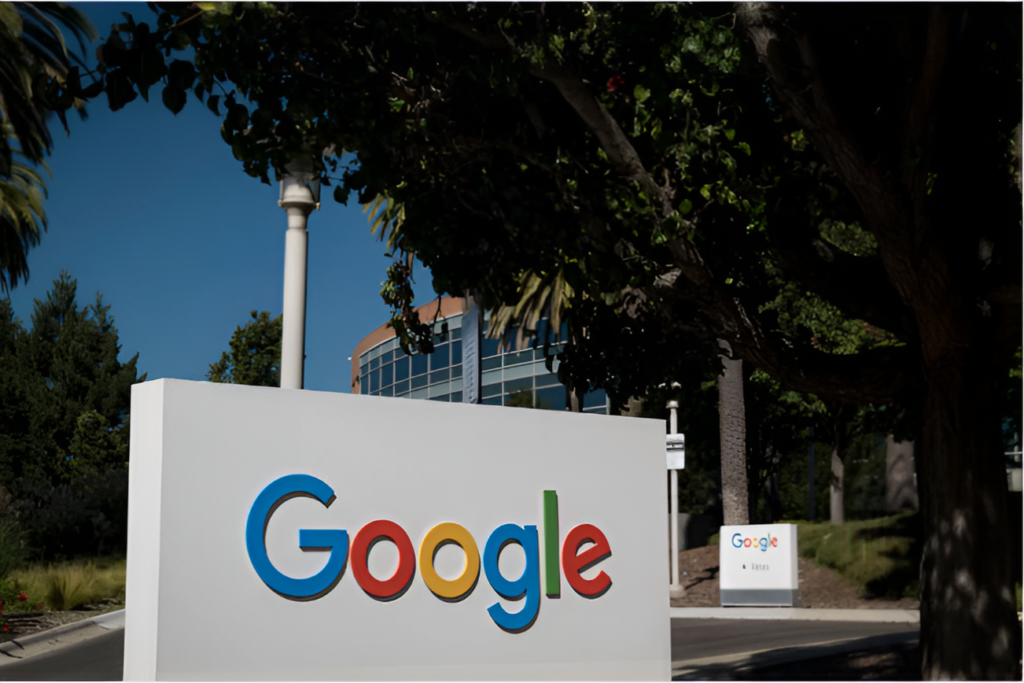
In 2013, Rob Rhinehart, a Silicon Valley software engineer, approached food as a problem to be solved. To him, buying, preparing, and cleaning up after meals seemed inefficient and time-consuming. The result of this thought process was Soylent—an engineered meal replacement powder, designed to meet the body’s nutritional needs with minimal effort. It is hailed as an “International Complete Nutrition Platform,” emphasizing the notion that food should be an optimized solution for efficiency. But this perspective reveals the troubling limitations of an optimization-focused approach to life.
Soylent, while successful in addressing the basic requirements for sustenance, overlooks the deeper, more meaningful aspects of food. For many, eating isn’t merely about nutrition; it’s an experience of pleasure, social interaction, and cultural transmission. Food is an essential part of human life, nourishing not just the body but also relationships and identities. A world where Soylent replaces meals is one where the broader joys of dining are sacrificed for a version of life reduced to mere function.
Though Soylent may appeal to a specific group seeking convenience, its story is indicative of a much larger issue: the “optimization mindset” that has pervaded Silicon Valley. Engineers and technologists often approach problems with a drive to make processes more efficient, reducing them to algorithms and formulas that maximize outputs. While this mentality can be helpful in certain contexts, when it becomes dominant, it risks overlooking critical human values.
This mindset is instilled early in tech education. Computer science programs often center on “optimization problems,” where the goal is to develop the most efficient solution to a well-defined problem. But over time, this approach can extend beyond the classroom and shape the way technologists see the world. Life, in this view, is simply an optimization problem that must be solved with the best possible solution.
The danger arises when this mindset is applied on a larger scale, particularly in tech companies that influence billions of lives. The optimization ethos often prioritizes metrics such as engagement, efficiency, and profit over more complex, intangible values such as human well-being, privacy, democracy, and equality. Take, for example, Facebook, where the optimization of user engagement—through likes, comments, and shares—can lead to harmful outcomes, such as the spread of misinformation, violations of privacy, or deepening political divisions.
While striving for efficiency seems inherently positive—after all, who wouldn’t want a more streamlined and less wasteful process—this focus can blind us to the broader consequences of technology. Sometimes inefficiency or slowness is necessary for safety, fairness, or thoughtful decision-making. For instance, speed bumps on roads are a deliberate inefficiency, placed to protect children; juries are encouraged to deliberate slowly to ensure fair trials. In the tech world, efficiency can become problematic when it prioritizes profit and convenience at the expense of societal good.
Furthermore, the focus on optimization leads to “bad proxy” thinking, where what is easy to measure becomes the de facto goal, often at the cost of more important, unquantifiable outcomes. Facebook’s single-minded pursuit of growing its user base, for example, ignores the potential dangers of increased polarization, privacy violations, or the spread of hate speech. By reducing a complex mission—connecting people—to a simple metric, tech companies risk losing sight of the broader societal implications.
The “success disaster” is another common issue that arises from an optimization-driven approach. Technological advancements may succeed in one area but create unforeseen problems in others. For example, the rise of factory farming has increased food production efficiency but has also led to significant environmental damage, health issues, and public health risks. Similarly, the success of social media platforms in connecting people has also introduced the darker realities of misinformation, social isolation, and the erosion of democratic norms.
Technology amplifies both good and bad outcomes. It allows us to execute policies more efficiently, but those policies must be carefully designed to balance competing values. For instance, automated vehicles that issue speeding tickets could make roads safer, but they also infringe on personal autonomy and privacy. In Silicon Valley’s drive for efficiency, technologists often overlook these trade-offs, assuming that the most optimized solution is always the best.
A few years ago, a provocative discussion was held among Silicon Valley elites about creating a new nation-state optimized solely for scientific and technological progress. The notion of democracy was quickly dismissed as inefficient and counterproductive to innovation. This moment captures the essence of the problem with the optimization mindset: the belief that certain values—such as progress, efficiency, and innovation—should outweigh other societal principles, like democracy and human rights.
In the end, we must recognize that technology is not neutral. It amplifies values and choices that are encoded within it. As we embrace more optimized solutions, we must be explicit about what values we want to uphold and how we balance competing interests. We cannot allow efficiency alone to dictate the future; we must be willing to make space for inefficiency when it serves our greater social and ethical goals.





